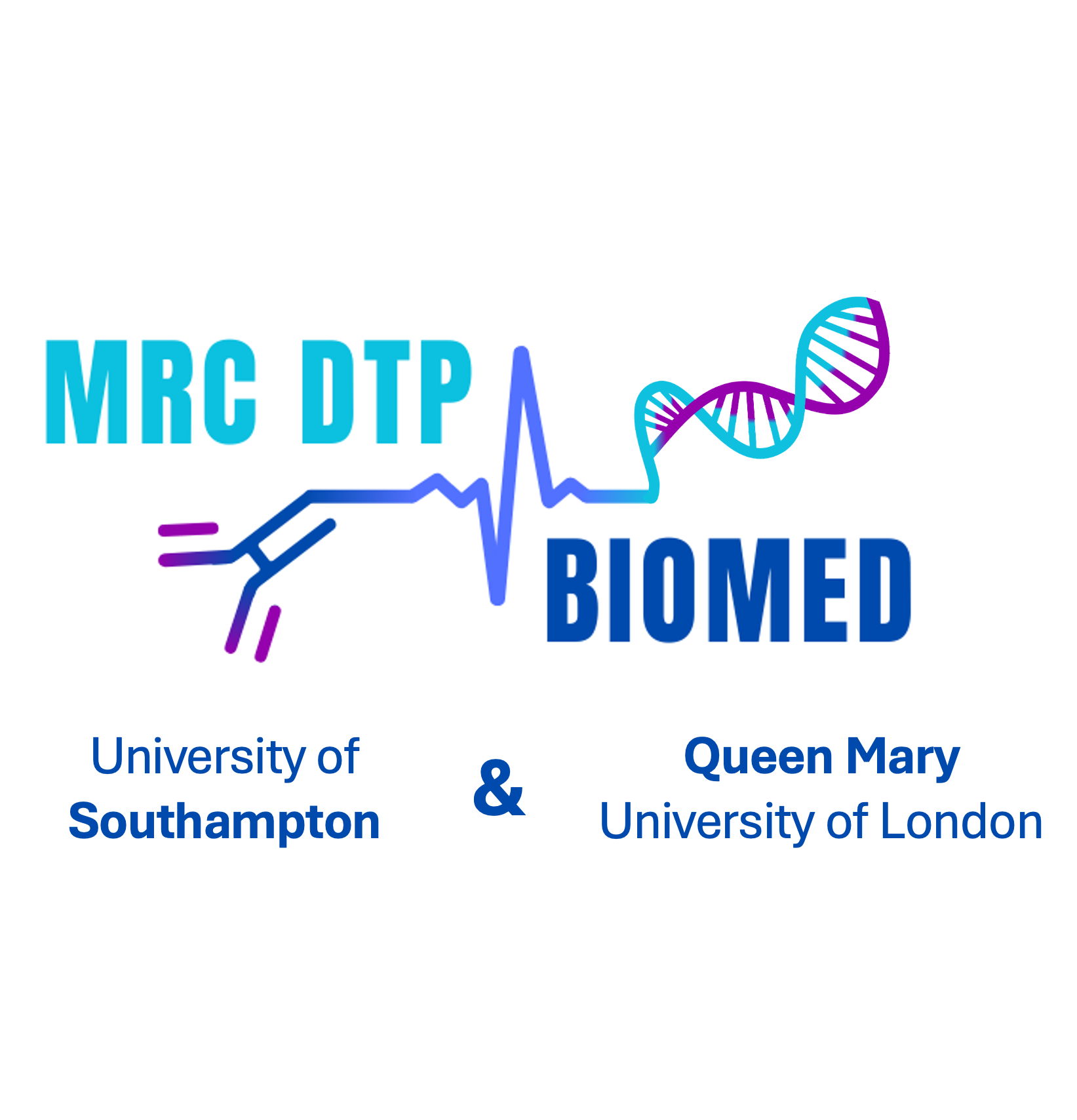Key: Q = Question, ANS = Answer
Q: Is iPhD and MRC DTP both fully funded for international students as well?
ANS: The MRC DTP Studentship is fully funded for both home and overseas students, this award includes covering the full tuition fee amount per year, including any international fee rate.
Q: What’s the percentage of international students?
ANS: The MRC DTP cannot allocate more than 30% of their awards to international students.
Q: What’s the average stipend rate?
ANS: Stipends are a tax-free payment made to the student based on the UK Research and Innovation (UKRI) minimum rate. For the academic year 2025/2026 the minimum rate is
Outside London: £20,780
Inside London: £22,780
https://www.ukri.org/what-we-do/developing-people-and-skills/stfc/training/studentship-information-for-students/payments-to-students/
Q: Is the stipend the same for iCASE and iPhD?
ANS: iCASE studentships are slightly higher than the regular UKRI funding, as iCASE PhD students receive a top-up of £2,500 per year.
Q: How many positions are available?
ANS: the average number of recruited students per year is about 10-12 for Southampton and 6-8 for QMUL.
Q: How many applicants do you have every year?
ANS: Over the past four years, we have received an average of 335 applications per recruitment cycle.
Q: Is there any requirements for applying like grade in undergraduate or post graduate?
ANS: Candidates should have a 1st class or BSc/MSci 2:1 and/or Masters (MSc or MRes) at Merit/Distinction level (>60%) in life, physical or mathematical sciences. With a life-sciences degree, maths, statistics or computing modules at A-Level or above are desirable. With a physics or maths degree, life-sciences modules at undergraduate level are essential.
Q: Would you consider Master’s degree at QMUL that is still ongoing and finishing next year?
ANS: When you start your PhD you will have to show evidence of successful completion of your Master’s. If you haven’t completed the Master’s by then, you will need to have a 1st or 2:1 class BSc.
Q: Are there language requirements, such as IELTS or TOEFL?
ANS: Southampton: The minimum standard of English Language proficiency required is a GCSE grade 4 or C (or equivalent) in English, i.e., at least IELTS overall score of 6.5 with 6.0 in each category. Or proof of a previous degree taught in English, or substantial work experience in the UK. https://www.southampton.ac.uk/studentadmin/admissions/admissions-policies/language.page
QMUL: guidelines for language requirements are available on https://www.qmul.ac.uk/international-students/englishlanguagerequirements/undergraduate-and-postgraduate-programmes/
Required language test scores are: IELTS Academic: 7.0 overall including 6.5 in Writing and 5.5 in Reading, Listening and Speaking.
TOEFL: 100 overall including 24 in Writing, 18 in Reading, 17 in Listening and 20 in Speaking.
Q: Is the English proof certificate mandatory at the time of application?
ANS: No, it is not, but will be needed when accepting the offer.
Q: Is the ATAS required if I am already in the UK as an international student?
ANS: Yes, all international students must undertake the ATAS process which is detailed in the formal offer letter, includes guidance and codes the applicant need to use to undertake the ATAS process. The ATAS process is not based on location but on what type of research and knowledge the applicant may gain by undertaking the degree programme.
Q: Is it beneficial to include a CV when applying?
ANS: You can include a CV in your application but both application forms (University and anonymous form) have sections for education and work experience. It’s easier for the recruiters to have the information in these forms.
Q: Shall we show the interest to any field/theme during sop preparations
ANS: It’s beneficial if you already know what themes you want to do a PhD project in and you can definitely mention that in your personal statement in your application.
Q: Since the application requires two stages, will references be submitted separately too
ANS:References are only needed for the University application. You don’t need them for the anonymous applications.
Q: Do the references need to be received by the application deadline?
ANS: No. We will need the references by the time of your interview at the latest.
Q: Is it recommended to contact PIs of interest?
ANS: You can contact anyone whose research interests you. It can help you to better understand what research is being done at both QMUL and Southampton, and also to refine what area of research you’d like to do your PhD in.
Q: do we need to select our supervisor/project prior to applying to mrc dtp application? Have the names of iCASE partner companies been released?
ANS:Southampton: If you’re shortlisted for an interview, you’ll be given a list of projects to choose from before the interview. If the projects involve industry collaboration, it will be mentioned in the project description.
QMUL: students will receive the list of projects after they have been appointed and not at interview stage. If a supervisor has industrial collaboration, you will find them on their websites.
Q: Regarding iCASE at Southampton, can I tailor my personal statement towards my general life goal even if it might not be aligned with the companies (since I will not know the industrial partners)? Or is the selection based on how the personal statement aligns with the industrial partners area of expertise?
ANS: You can definitely tailor your personal statement to your career goal or general life goal, and that’s totally fine.

